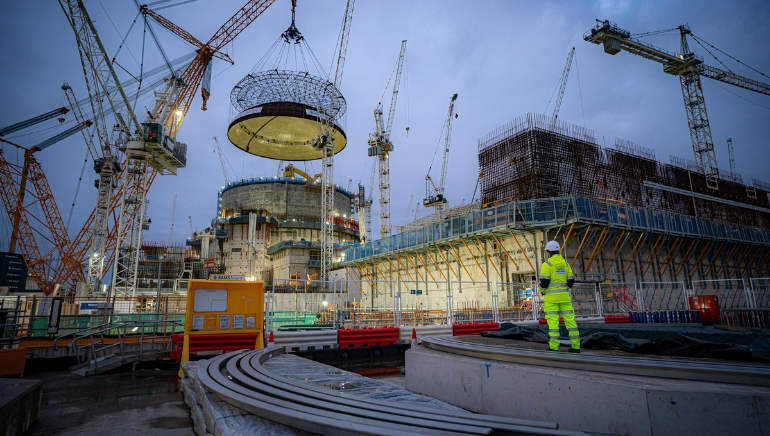Britain is embarking on a significant endeavour, investing £200 million to establish Europe’s first high-assay, low-enriched uranium (HALEU) production facility.
This plant is essential to future nuclear energy initiatives that seek to improve energy security and achieve climate goals. Britain is establishing itself as a pioneer in nuclear energy innovation with a targeted nuclear power capacity of 24 gigawatts by 2050, which would account for a quarter of projected electricity consumption.
By 2031, the HALEU factory in Cheshire should be operational and able to meet both domestic and international demand for HALEU fuel. This action not only encourages supply diversification but also lessens dependency on Russian gasoline, which is particularly important given the geopolitical tensions that have arisen since Russia’s invasion of Ukraine.
Meanwhile, the United Kingdom has declared a competition worth £600 million to create the world’s first economically feasible prototype of a fusion power plant, with the goal of connecting it to the grid by 2040. Fusion energy, which is modelled after the sun’s mechanism, presents a viable way to generate electricity without emitting any emissions and with very little radioactive waste.
These programmes demonstrate Britain’s dedication to developing innovative energy solutions, promoting homegrown knowledge, and aligning with international demands for energy sustainability and security.















